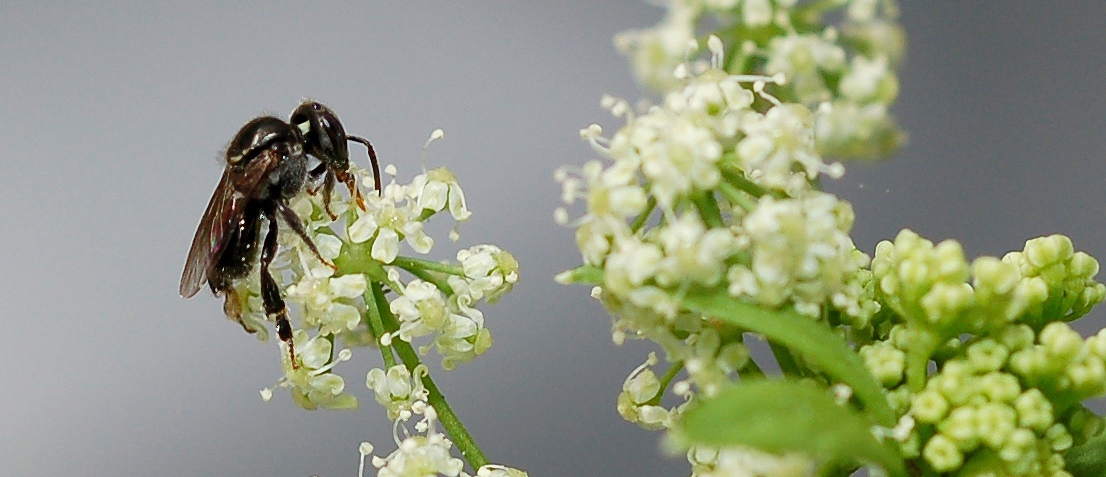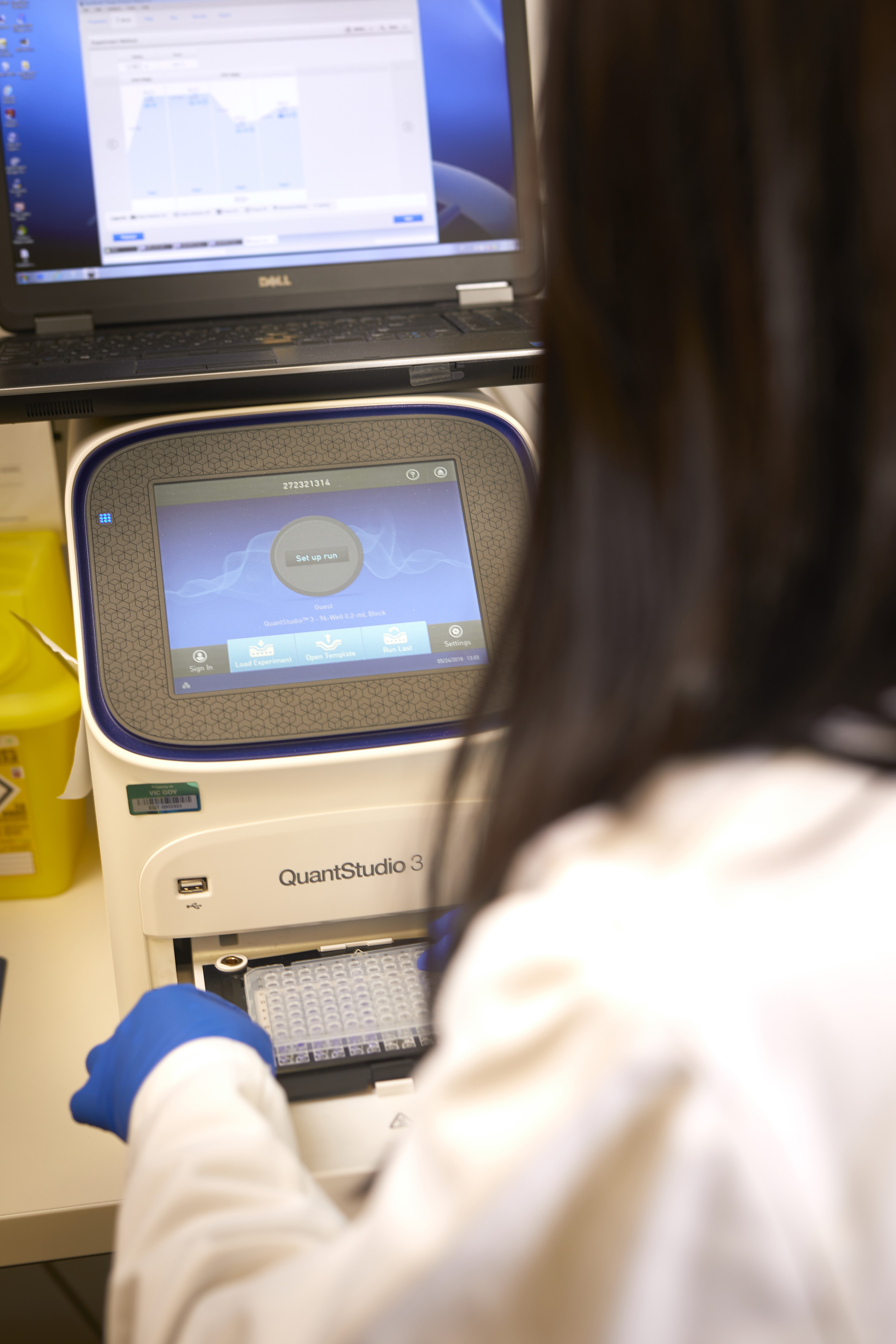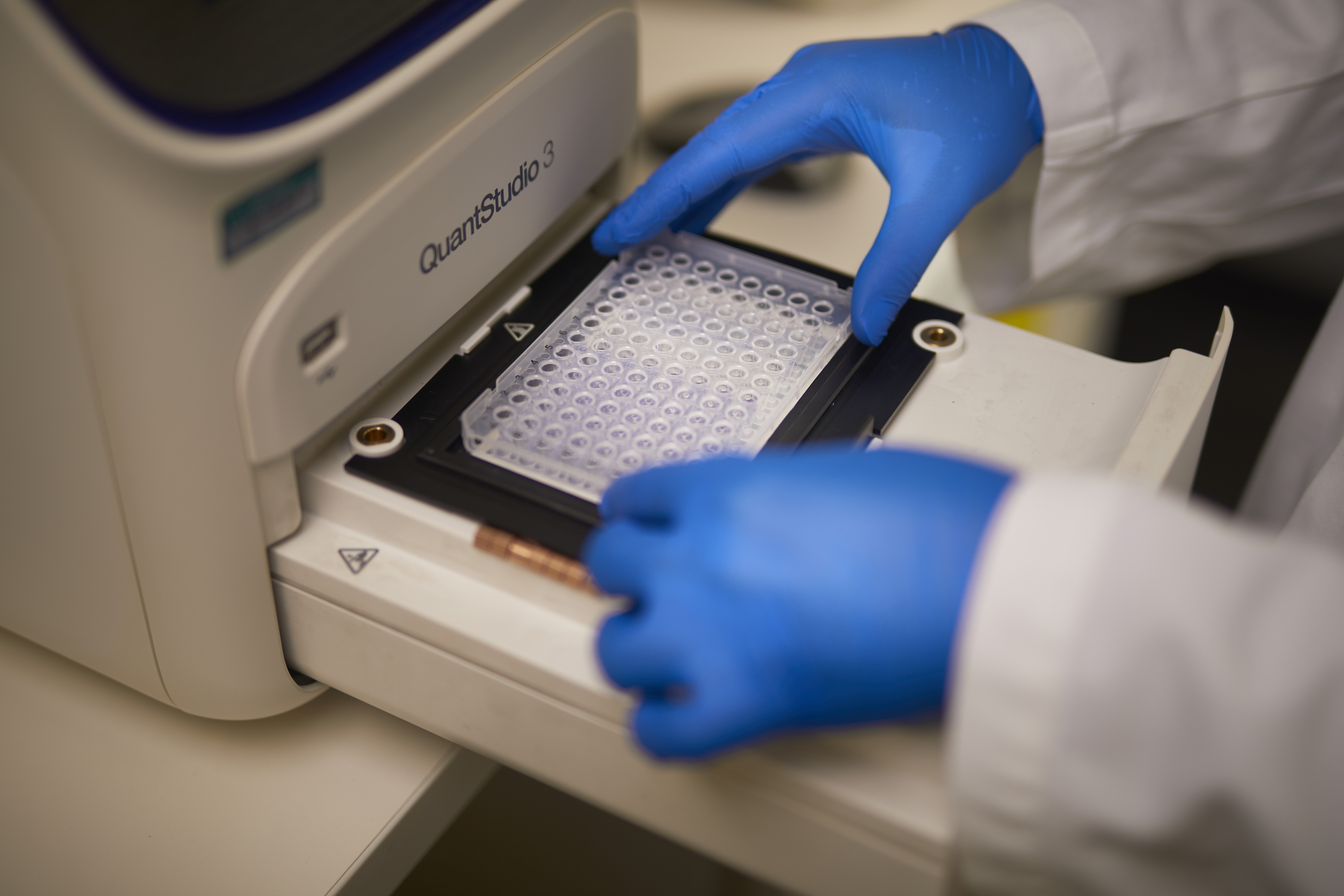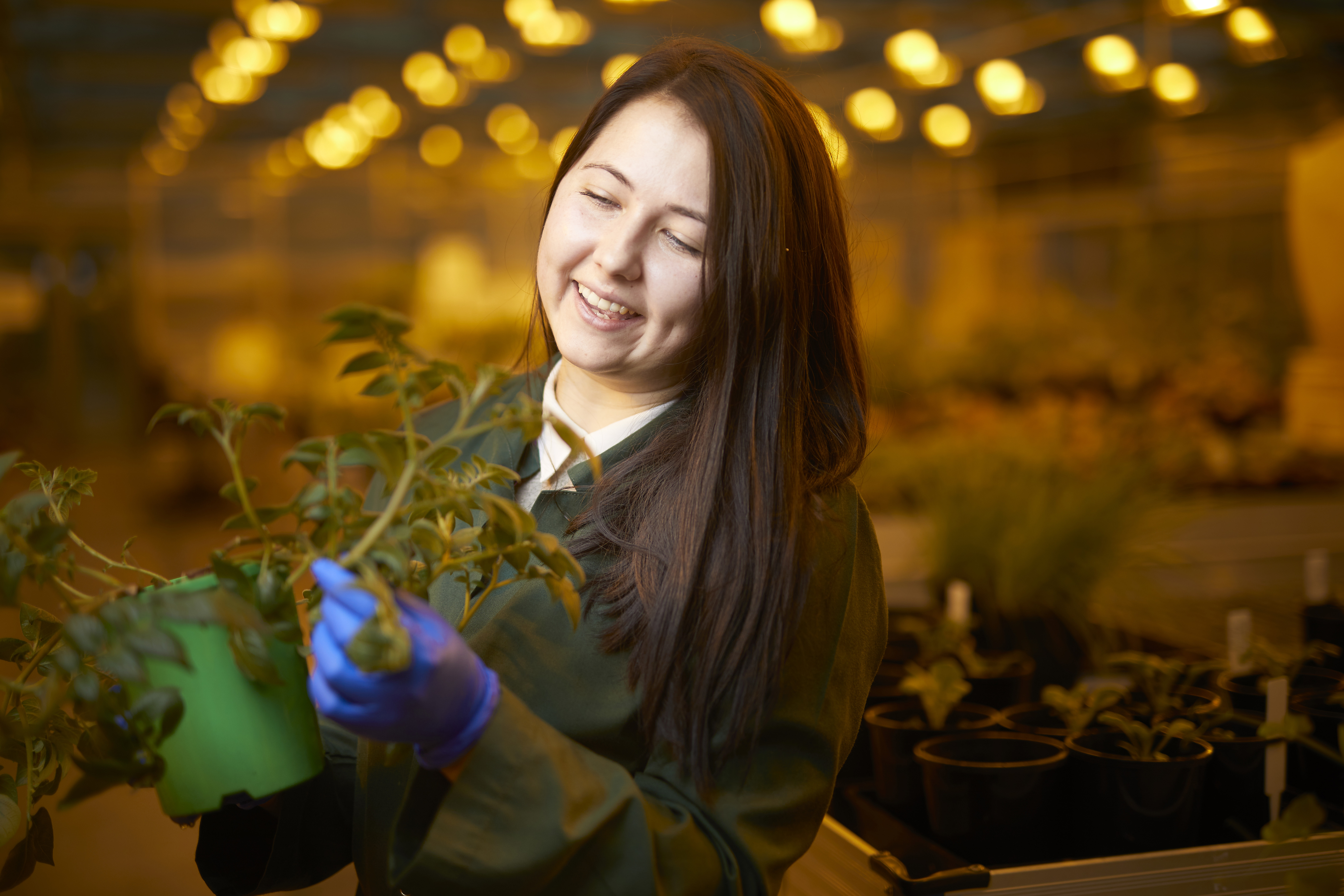
Take part in a survey to help develop alternative pollinators for horticulture
11 June 2018Video: How Does Phenomenom Work?
15 June 2018Brittney Caruana is a 26-year-old PhD Candidate at La Trobe University in Bundoora, Victoria. We profiled her in the June/July 2018 edition of Potatoes Australia magazine.
Fast facts
Name: Brittney Caruana
Location: Bundoora, VIC
Works: La Trobe University
Role: PhD Candidate
Please provide a brief background of yourself and your studies so far.
I completed my Bachelor of Animal and Veterinary Biosciences with Honours at La Trobe University in 2014. My Honours project involved investigating the potential of parasitic proteins as vaccine candidates against liver fluke in cattle. Following that, I was offered a PhD in disease resistance in potatoes with a breeding focus.
You are a PhD Candidate at La Trobe University’s AgriBio facility. What are you currently researching?
We are testing the potential of a breeding technique called genomic selection on potato. This has already been demonstrated to dramatically decrease the time it takes to complete a breeding cycle in other crops and forages including pulses, grasses and cereals. We are also improving our selection of potatoes for breeding by developing markers for genes of interest (like disease resistance) that are more reliable than the current ones in use. We are also developing targeted assays to more quickly and accurately diagnose resistant or susceptible plants than the current ones in use. Another topic we are considering is an earlier disease detection method. I’m hoping that by using imaging techniques like hyperspectral cameras, we can detect virus infection in crops much earlier than the physical symptoms present.


Why did you choose to pursue a PhD relating to potato research?
This project aligned with my interests in microbiology and was a great opportunity to test novel techniques in the potato. The prospect of being able to undertake research at a university while simultaneously working with industry and government was also appealing.
Which teams do you work with, and how do they assist with your day-to-day activities?
I work with the Molecular Genetics and Microbiology groups within Agriculture Victoria at AgriBio. This involves getting advice from microbiologists, computational scientists, bioinformaticians, geneticists, molecular scientists and plant breeders. All the people I work with are crucial for experimental design and determining the appropriate analysis of my data.
Why are you conducting this research?
There are many beneficial reasons why this research should be done to help the industry, but overall it is to improve our current breeding practices. Potato is the world’s fourth most important crop and is a staple in many households. The current growth rate of the world’s population is becoming progressively hard to keep up with in terms of meeting food demands. On top of that, if we were to encounter a new biosecurity threat which had potential to eliminate our potato crops, it would take a decade or more to breed a resistant plant that could withstand the disease.
What does this research mean for the Australian potato industry, and growers in particular?
For industry it means we can breed tailored varieties to address concerns much quicker than we used to, creating a more solid foundation for the industry to rely on. For growers, it means that a wider selection of new varieties will be available faster or we can improve more traditional varieties that may be performing well in some traits but might be lacking in others, such as yield, for example.
What motivated you to undertake this research?
The chance to acquire new skills and work with industry and government bodies. It was an excellent opportunity and the impacts of the research were clear and positive.
What challenges have you faced while conducting this research?
Conservation and sustainability are topics that I am passionate about and using certified seed potatoes means less pests and diseases which, in turn, results in less reliance on pesticides and chemicals. More productive potato crops using high-quality certified seed potatoes means better commercial yields with more efficient use of water and other inputs to produce potatoes.
What are you enjoying most about your research project?
I enjoy the skills that I’m developing and the opportunities the project has presented, especially meeting new colleagues and travelling to present my research.
Have you recorded any results so far? If so, what have you found?
So far we have profiled the genomes of nearly 200 varieties so we can develop new genomic-based prediction for some traits. The population structure of our breeding population has been elucidated and identified a new marker for potato virus Y resistance.
When will you complete your PhD?
If all goes according to plan, no later than March 2019.

What would you like to do after you finish your studies?
Put the computational and breeding skills I’ve developed to good use by applying what we have investigated in this project to our potato breeding programs.
This student profile first appeared in the leading magazine for the Australian potato industry, Potatoes Australia. If you’d like to subscribe to receive a new edition of Potatoes Australia in your mailbox every two months, use our online subscription form!

